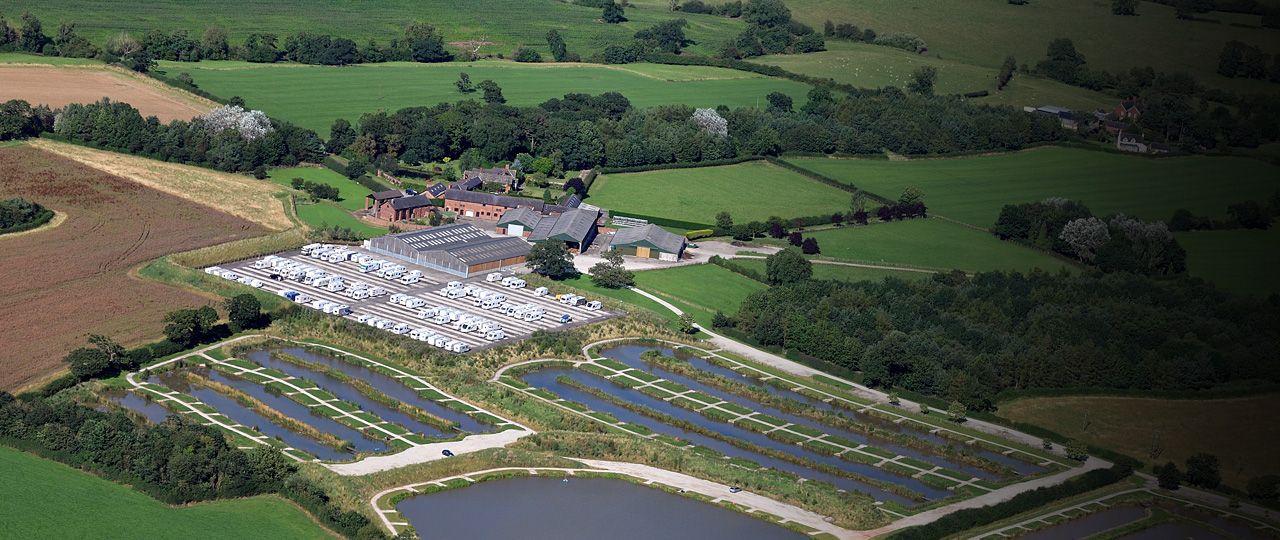
Diversification was once seen as the saving grace for many farmers. But recently a number of problems with the tactic have become apparent.
Diversifying your farm can bring a number of benefits, but it can be a problematic journey if you’re not well prepared.
It’s become a popular tactic in a time when farmers’ margins are being squeezed, and it’s seen as a way to get every penny from farmland. About half of all UK farms now have some form of diversified activity in their farming business. This brings in, on average, an extra £10,400 of revenue per farm, according to Government figures.
Diversifying covers a whole range of potential new income sources – from opening a farm shop and selling by-products, to creating tourist accommodation in unused buildings or selling wood fuel to the energy sector.
What are the pitfalls?
Weak core business
To diversify successfully you need to still have a strong core business. Many people see diversification as the answer to their problems. And while it can be a lifeline for some – providing much needed additional income – if the central business is not strong then diversifying for the sake of it risks both old business and new.
Plus, if you’re applying for funding to help the process, you’ll need to show your accounts to the bank and/or grant funding awarding body. Three years of failing to make a profit are not the sort of figures banks want to see.
How to avoid it…
Focus first on getting your core business into the best shape possible. This might mean bringing in a consultant to help focus on areas for improved performance, restructuring it or simply making a few key cost-cutting decisions to help you get back into the black.
Poor market research
Like any business you need to do your market research to make sure there will be demand for your new offerings and that you can sell them at a price that still makes you a profit. Diversification is not simply a way to make a quick buck if done properly. You must do the necessary due diligence.
How to avoid it…
One way to avoid this is simply to take your time. Research the market for your new offering, looking at what potential competitors are doing, how much they charge and how successful they are. Hiring in a consultant can help at this stage.
Not having the right skills
Just because you can produce it, doesn’t mean that you can produce it well or know how to sell and market it. In effect, by diversifying you’re setting up a whole new business that requires a new set of skills as well as a new and additional demand on your time. While some areas will play into your current skill-set, others might be totally new to you.
How to avoid it…
You’ve got two main options: retrain yourself so you’re equipped with the right skills and knowledge to manage the new arm of your business; or hire in someone with the skills. These both cost money so should be factored into your business plan. Though hiring someone in can help with your funding application as the promise of more jobs is looked upon favourably and if you still need to run your core business this doesn’t become compromised.
Lack of infrastructure
Farms demand a certain type of infrastructure – but it’s not necessarily one that would support, say, a farm shop or the move into tourism. The countryside is well known to have poor access roads, broadband and mobile services – all of which are vital for certain types of business.
On top of that, there might be a lack of local specialist business advice, which is required when setting up a new business.
How to avoid it…
Check what you need and consider the costs of getting new lines installed, satellite broadband for example or establish when fibre broadband is due in your postcode. Research where the best advice is available and find case studies of those who have used this and been successful.
Upfront costs
Having a solid plan to diversify is one thing – making that plan a reality is very much reliant on getting the funding. A number of farmers have cited the lack of access to finance as a potential barrier.
How to avoid it…
See if there’s a suitable funding programme out there for you. The Government lists a number on its site from the Rural Development Programme for England to commercial loans.
Planning hurdles
Opening a new business often requires new business premises, whether for manufacturing new goods, a sales outlet or offices for additional staff. While the permitted development rights make it easier to convert farm buildings into commercial premises that doesn’t mean you’re guaranteed to get permission. Especially if they’re not specifically for agricultural purposes.
How to avoid it…
Speak with your local council about your plans and generally assume that what you want to do will require that you need to obtain planning consent. It might also be worth speaking with a planning consultant or architect to see what can be done with your current set up.
